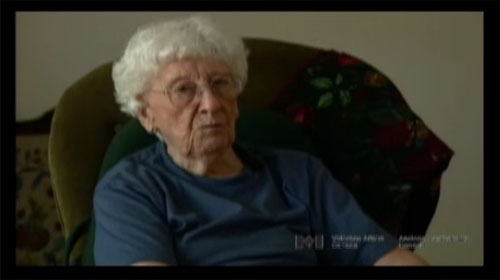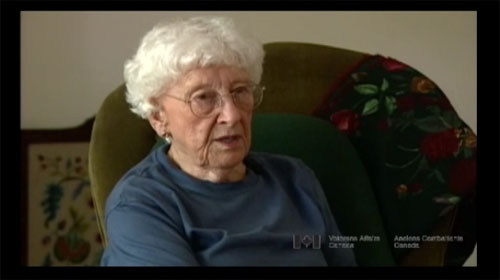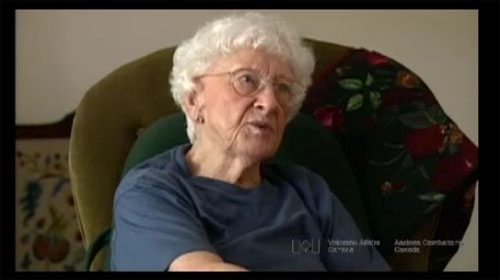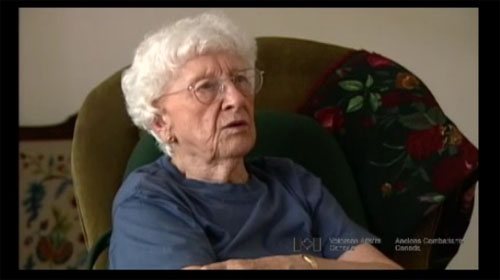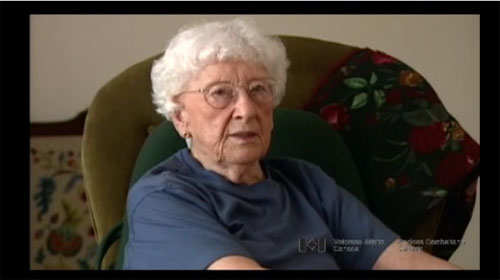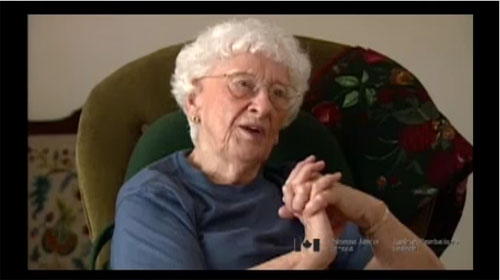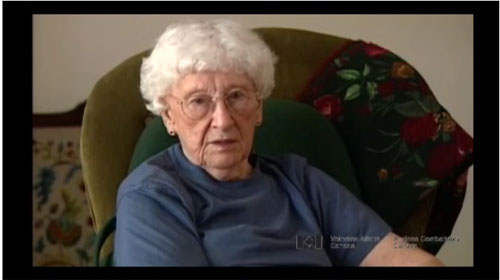Unequal Treatment
Heroes Remember
Unequal Treatment
Transcript
And so I worked in the venereal disease building.
Anything privates and sergeants even the
sergeant major I guess,
if they had venereal disease and
they had to be treated from the moment
their treatment started when they came before a
medical officer or came into the hospital
they had to go into the hospital,
they would lose pay.
They wouldn't be paid until they got out again and
it would be written in their pay, in their book.
We had little books.
And I always thought that was most unfair because
the officers came and got their medication while
they drank tea with us and their treatments and
they didn't lose any pay.
Description
Ms. Carter describes working on the venereal disease ward at a hospital in Horsham.
Doris Carter
Doris Carter was born in Birkenhead, England on June 9, 1910. Her family emigrated to Woodstock, New Brunswick and in 1932 she enrolled in Nursing at the Royal Victoria Hospital in Montreal. Ms. Carter graduated in 1935, and was recruited to a wartime surgical team, prior to the war's onset. On November 30, 1940 she went overseas with #1 Military Hospital to nurse civilians injured in the bombings of Coventry and Birmingham. Ms. Carter was then sent to the Mediterranean with #5 Military Hospital. She served in North Africa, Sicily, Italy and Northwestern Europe. After the war, Ms. Carter pursued a career in Public Health Nursing.
Meta Data
- Medium:
- Video
- Owner:
- Veterans Affairs Canada
- Recorded:
- March 8, 1999
- Duration:
- 0:54
- Person Interviewed:
- Doris Carter
- War, Conflict or Mission:
- Second World War
- Location/Theatre:
- England
- Branch:
- Army
- Units/Ship:
- Royal Canadian Army Medical Corps
- Rank:
- Lieutenant
- Occupation:
- Nurse
Related Videos
- Date modified:



